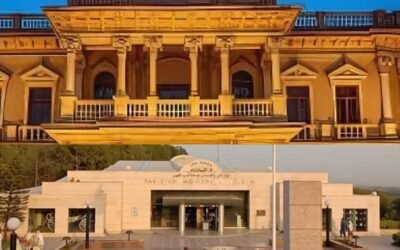Pakistan’s Sufi heritage is a significant part of its cultural identity. Scholars like Dr. Jurgen Wasim Frembgen highlight how Sufi practices are woven into the daily lives of millions, offering a counter-narrative to extremist views.
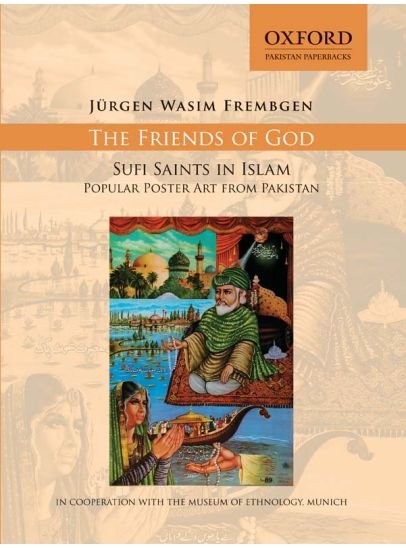
Source: Oxford
Sufism embodies the values of love, unity, and resilience, and is regarded as a vital aspect of Pakistan’s cultural heritage. Sufi saints have shrines across the country, where their beautiful poetry promotes peace and diversity. These traditions foster acceptance and harmony in a divided world, reminding us of the power of inclusivity and our ability to face challenges together.
You May Like To Read: The Hues of Liberty: The Influence of Green and White on Pakistani Art and Design
Punjab: The Heartland of Inclusive Devotion
Punjab is renowned for its beautiful Sufi shrines, which serve as important places for worship and reflection. Notable shrines include Data Ganj Bakhsh in Lahore, Baba Farid in Pakpattan, and Bulleh Shah in Kasur. These sacred sites draw followers from diverse backgrounds, fostering community connections and unity. The poet Bulleh Shah is famous for his verse “Bulleya! Ki jaana mein kaun?” which encourages looking beyond religious boundaries and promotes human equality. This message of unity is crucial in countering extremist views.
One of the highlights is the annual Urs celebration at Data Darbar, attracting millions and transforming Lahore into a vibrant hub of music, charity, and spiritual reflection. This event fosters social ties among people of different religions, creating an atmosphere of harmony.
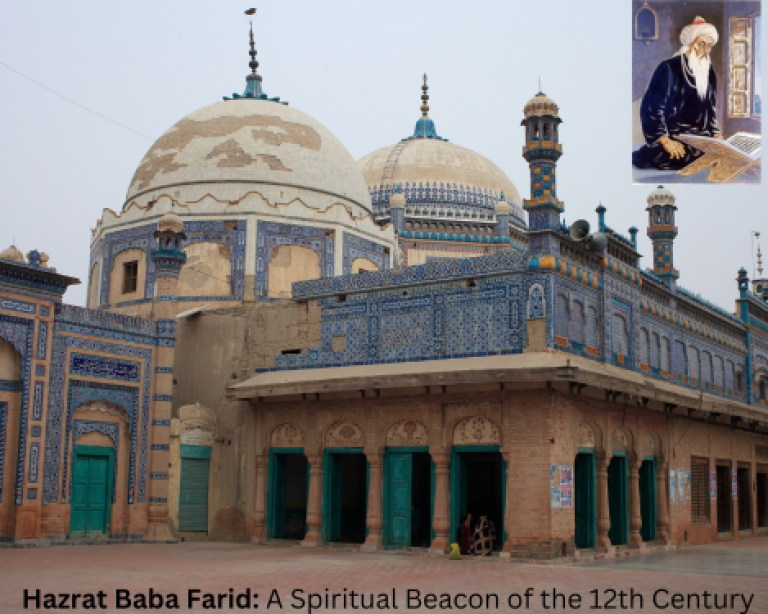
Source: GT
Sindh: The Land of Tolerance and Mystical Music
Sindh, known as the “land of Sufis,” is home to significant spiritual leaders like Shah Abdul Latif Bhittai and Lal Shahbaz Qalandar. Bhittai’s poetry, particularly in Shah jo Risalo, emphasizes love, acceptance, and strength, resonating through folk songs across various communities.
The shrine of Lal Shahbaz Qalandar in Sehwan Sharif is a unifying space for people of all backgrounds. Devotees gather daily, especially during the dhamaal ritual, where they dance together, demonstrating unity amidst diversity. Following a tragic attack in 2017, the community’s response showcased their resilience and commitment to love over fear. This determination underscores the power of cultural and spiritual values in uniting communities against violence and extremism.
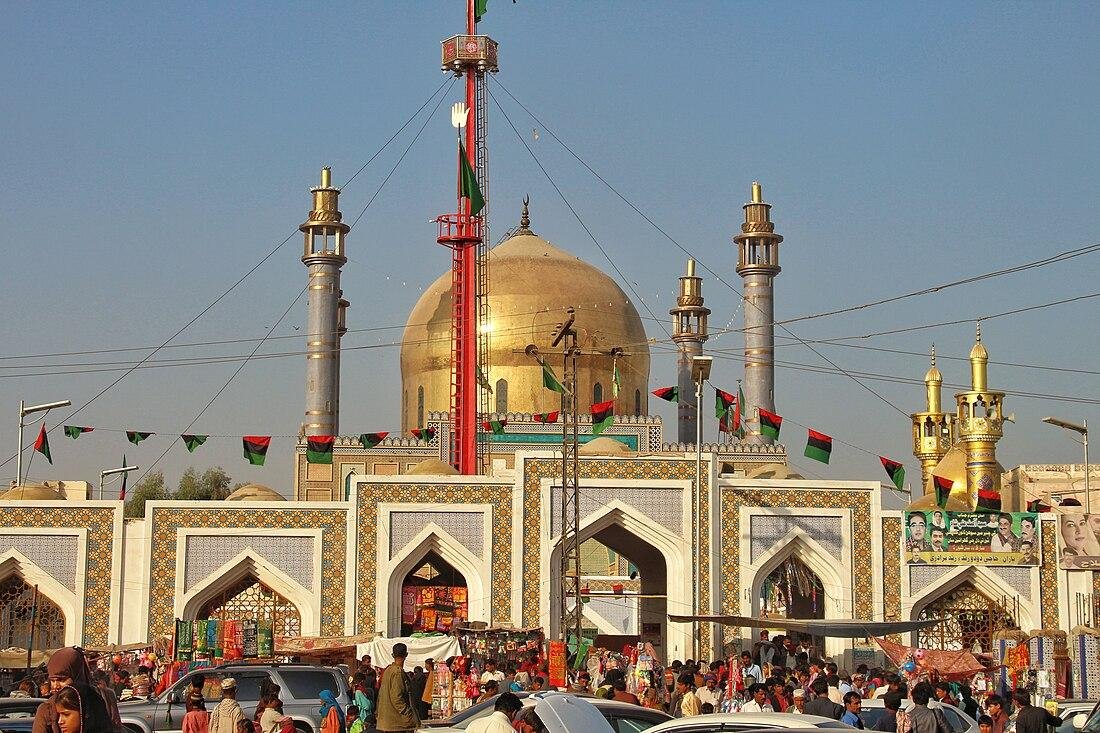
Source: WW
Khyber Pakhtunkhwa: Frontier of Resistance and Spiritual Poetry
In Khyber Pakhtunkhwa, Pakistan, the Sufi tradition is reflected in Pashto poetry, promoting peace and opposing oppression. Rehman Baba, a revered poet from Peshawar, emphasizes humility, kindness, and a higher purpose over the pursuit of wealth and power. His work shapes Pashto culture and serves as a reminder of spirituality in a tumultuous world.
His shrine attracts many visitors, including those from Afghanistan, which highlights the cultural ties across borders. Amidst conflict, Rehman Baba’s messages of peace showcase the region’s rich, peaceful traditions. Pashto Sufi poetry plays a crucial role in reducing youth violence by instilling cultural pride and offering positive alternatives to negative narratives.
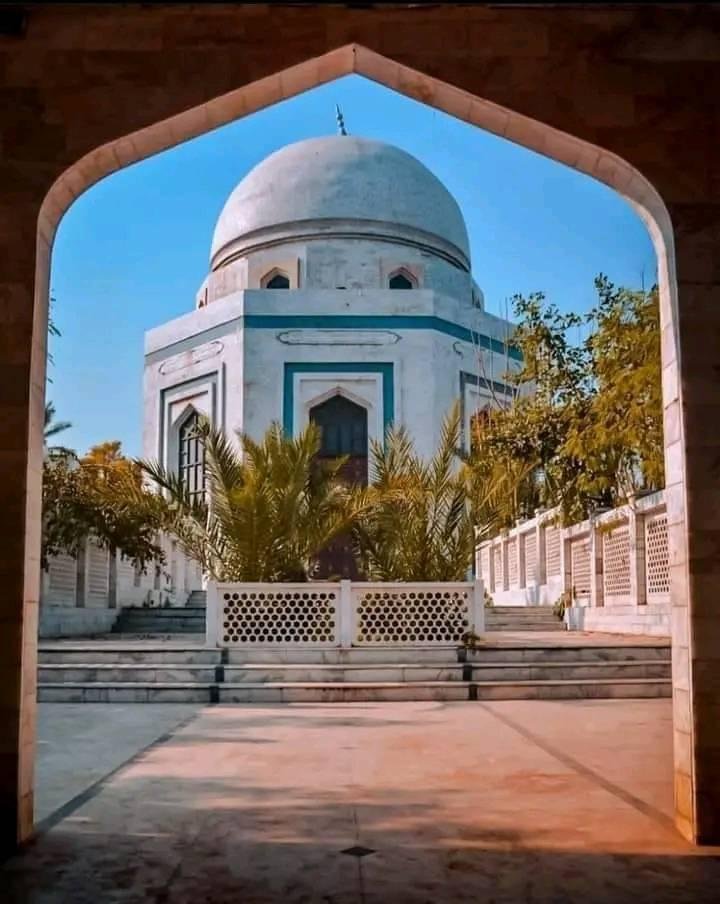
Source: FB
Balochistan: Hidden Gems of Spiritual Pluralism
Balochistan has a rich Sufi heritage. It is often overlooked. However, it is as important as other spiritual traditions. Key pilgrimage sites exist, such as the Shah Noorani shrine near Khuzdar. Pir Mangho in Lasbela is another significant site. Visitors from Sindh and Balochistan come for rituals, music, and community gatherings.
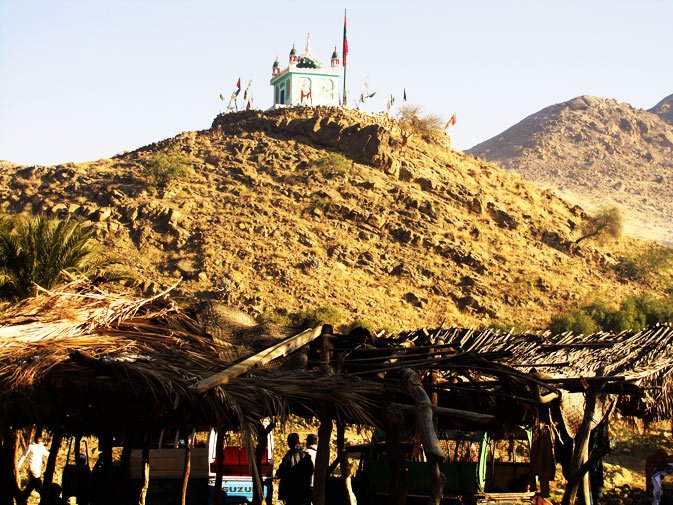
Source: DAWN
Sufi saints in the region blend local customs with Islamic ideas. They promote peaceful coexistence among different tribes. Their poetry is in the Balochi language. It highlights values like patience, humility, and peace. These values are vital in a region with social and political challenges. The shrines represent the power of spiritual traditions. They unite people in a divided society. Their messages of strength and acceptance resonate globally.
Sufi Shrines as Spaces of Pluralism
From the sacred site of Data Ganj Bakhsh in Lahore to the shrine of Lal Shahbaz Qalandar in Sehwan Sharif, Sufi shrines have traditionally been welcoming places where people from all walks of life—regardless of their faith, social status, or background—can come together. These holy sites promote the idea of living in harmony with one another, making them important in the fight against exclusion and division.
Sufi shrines also act as community hubs. They offer shelter to those in need, provide healing spaces for marginalized groups, and serve as venues for music and art, primarily through the soulful performances of qawwali music. In today’s conversations about peace and community building, these shrines stand as examples of “shared sacred spaces,” where spiritual practices and social unity come together beautifully.
Poetry as a Counter-Narrative to Extremism
Sufi poetry, written by poets like Bulleh Shah, Shah Abdul Latif Bhittai, Sachal Sarmast, and Rehman Baba, explores themes of spirituality and human connection. Instead of focusing on strict religious rules, this poetry promotes the ideas of love and unity among all people.
This kind of poetry serves as a firm counter to extremist views that often exclude others and demand strict beliefs. By encouraging kindness and self-reflection, these poems can play a crucial role in contemporary efforts aimed at preventing radicalization and promoting a more inclusive society.
Sufi Heritage and Pakistan’s Cultural Diplomacy in Global Interfaith Dialogue
Pakistan’s Sufi traditions present a powerful opportunity to promote global peace and cultural understanding. While often viewed through security lenses, showcasing Sufi heritage can reshape this perception. The Ministry of Foreign Affairs and cultural organizations can organize Sufi poetry festivals, international qawwali performances, and interfaith meetings at shrines to highlight Pakistan’s diverse identity. Collaborations with UNESCO to protect these sites underscore their importance as shared cultural heritage.
These initiatives position Pakistan as a promoter of peace and enhance its role in interfaith dialogue. By emphasizing Sufi teachings that bridge cultures, Pakistan can foster partnerships founded on love and tolerance, which are vital in today’s world. Sufi shrines attract millions annually, serving as vibrant cultural hubs. Despite past violence, these communities demonstrate that love prevails over fear. Incorporating Sufi ideas into peace efforts can create new narratives that prioritize compassion over conflict.
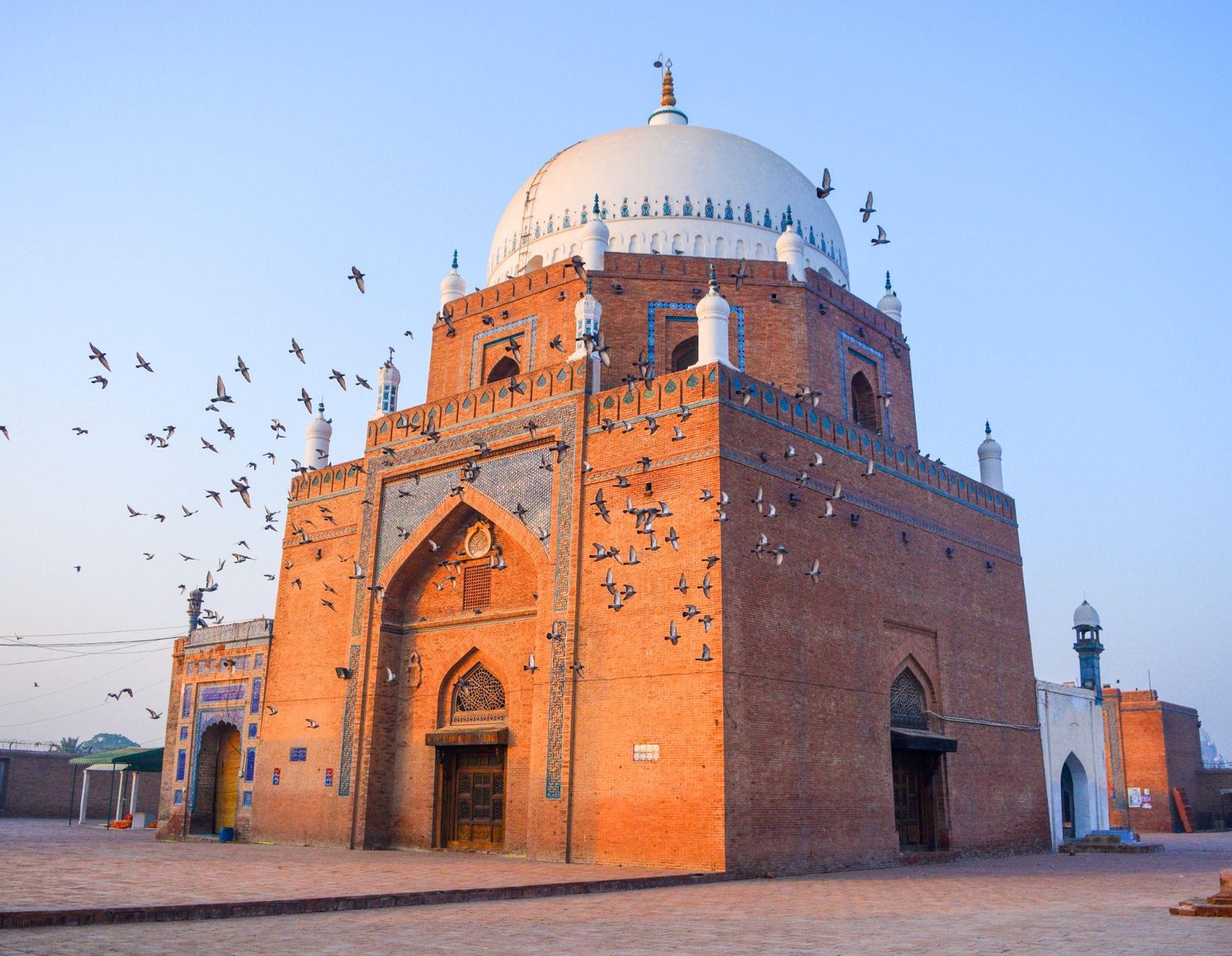
Source: TrulyPakistan
Conclusion
Pakistan’s Sufi heritage, from the vibrant Data Darbar in Lahore to the spiritual melodies of Bhittai and the poignant poetry of Rehman Baba, delivers a powerful message of peace. These traditions counter extremism and promote understanding among different faiths. Embracing this rich heritage positions Pakistan as a significant advocate for peace rooted in spiritual values.
The relevance of Sufi shrines and poetry today is crucial in a world divided by extremism. Their teachings encourage tolerance, empathy, and peaceful coexistence. By sharing these messages, Pakistan can make a meaningful contribution to global discussions on peace and interfaith understanding.
You May Like To Read: Women in Pakistani Art and Literature: From Fatima Surayya Bajia to Contemporary Voices



